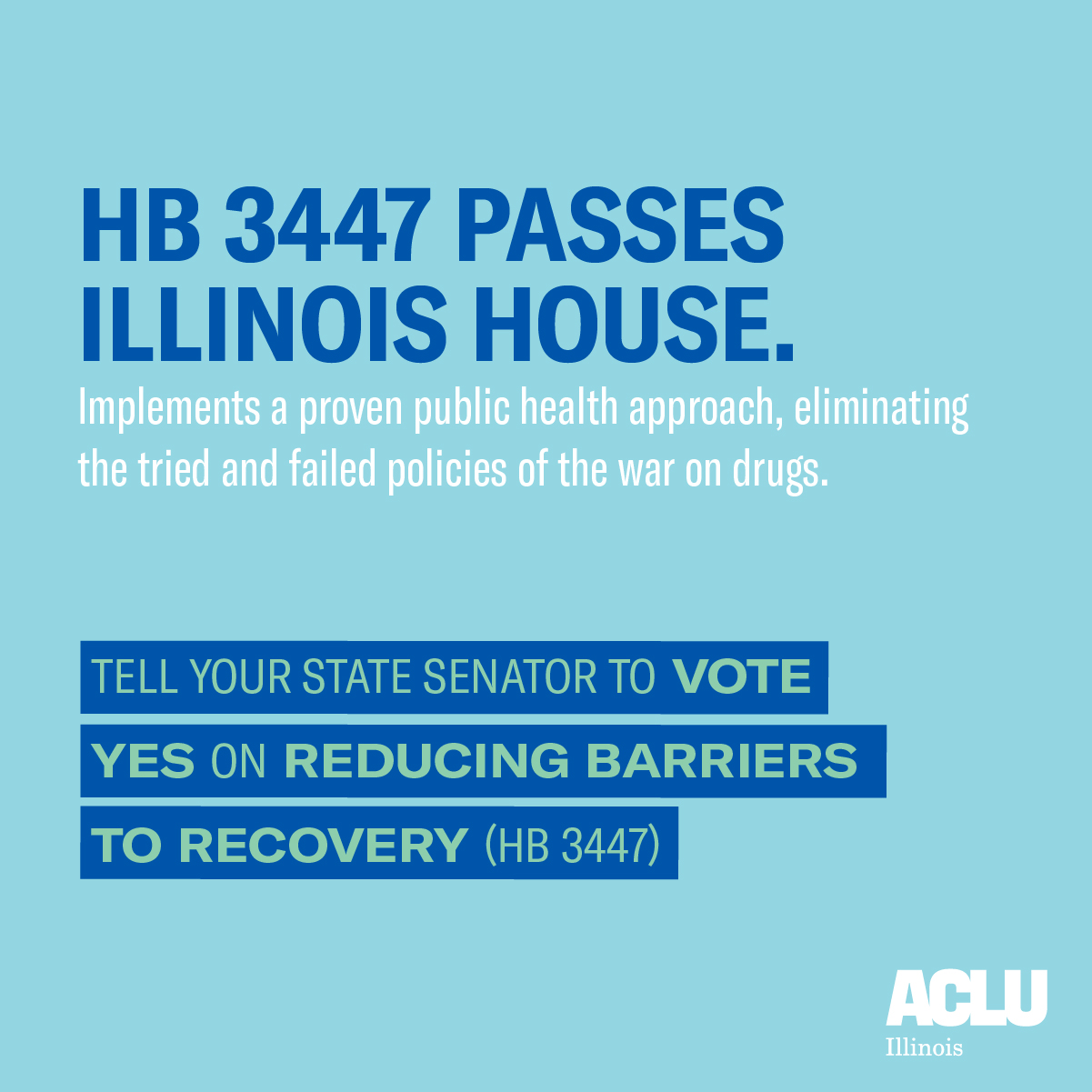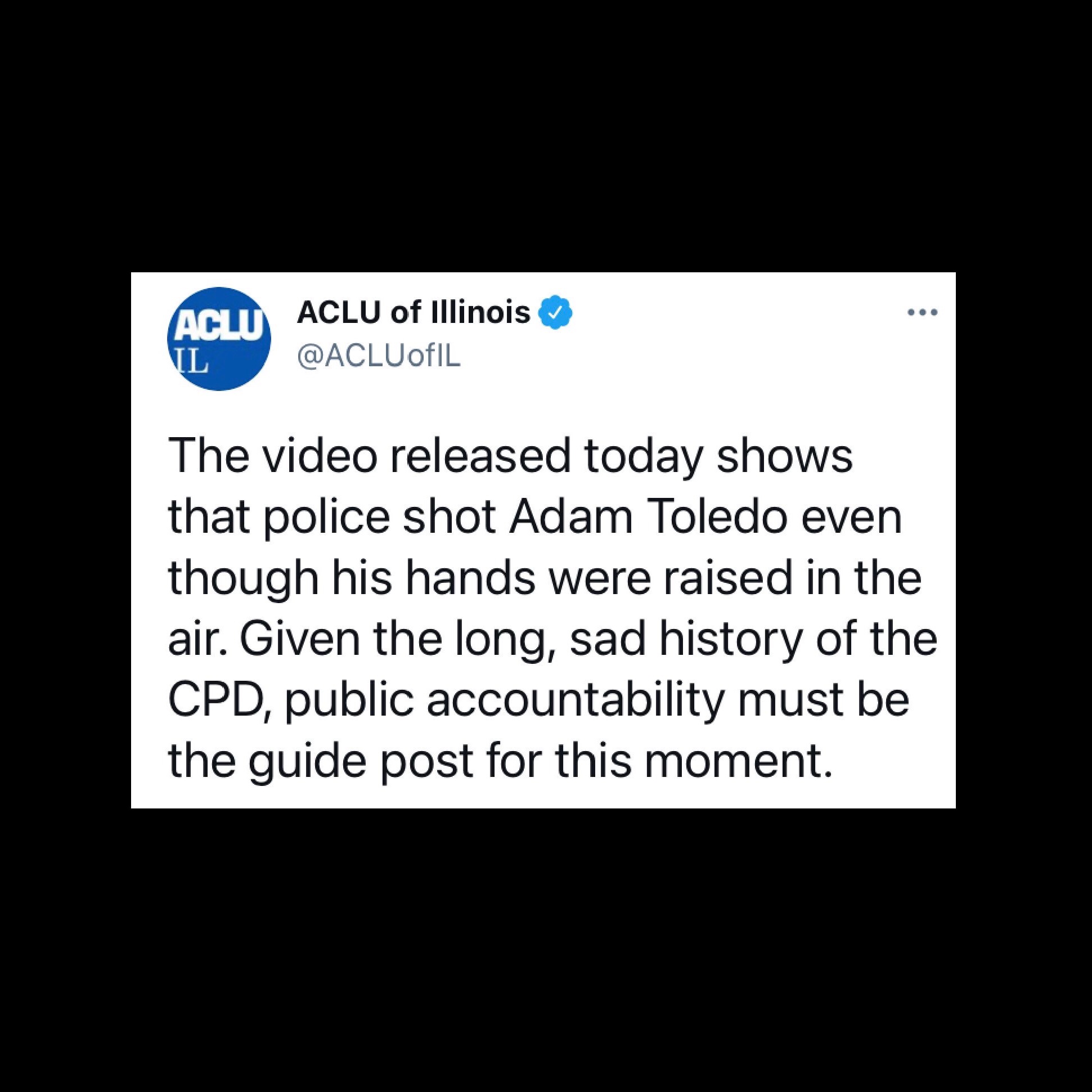A group of four men detained at the Chicago Metropolitan Correctional Center (MCC) today asked a federal court to step in and immediately order long overdue measures to protect those detained in MCC before a third wave of COVID sweeps through the facility. The MCC has been a vector for spread of the coronavirus since last spring. In May 2020, 20 to 25% of the population was diagnosed with an infection, despite a lack of testing throughout the facility. The rate in the Fall was even higher. The request comes today in a motion filed on behalf of the four detainees and a potential class of other detainees. The group is represented by lawyers for the ACLU of Illinois and the law firm Winston & Strawn.
Yet, the facility has taken few, if any steps, to address the spread of COVID. With COVID cases on the rise again in Chicago and Illinois, it is only a matter of time before another outbreak.
“MCC officials have failed to adopt a coherent strategy for confronting COVID,” said Camille Bennett, Director of the Corrections Reform Project at the ACLU of Illinois. “It is time for the court to order a plan for the facility – before it is once again too late.”
“A year into this pandemic, MCC residents have been left without the basic tools to combat the spread of COVID-19 that many of us take for granted—masks and the ability to social distance—not to mention access to crucial education regarding vaccines,” said Thomas Weber, Partner at Winston & Strawn LLP.
The demand for a specific plan comes in a lawsuit filed in late January by two detainees and later joined by three others. The MCC, where they are held, has had between 500 and 600 persons detained there, although it is a facility designed for only 400 detainees. This overcrowding has caused double-bunking in small cells and the housing of up to 100 persons in dormitory units and facilitated the spread of COVID-19.
Today’s filing notes that little is being done to facilitate vaccines in the MCC. COVID vaccines have been slow to arrive there, and detainees have received little information and no education about their safety and efficacy. Some staff have even added to hesitancy by suggesting that the vaccine might be dangerous. The Federal Bureau of Prisons, which runs the MCC, has its own problem of staff vaccination hesitancy, having reported that, nationwide, barely 50% of staff have accepted offered vaccinations.
In addition, while other correctional systems have adopted widespread testing to help identify outbreaks before they gain hold, MCC, despite its two serious episodes, is still without routine testing. Sanitation and plumbing problems vex the facility, and one year into the pandemic, MCC residents still do not have reliable masks, and staff—who enter and exit every day—do not consistently comply with masking mandates.
“It is a matter of when, not if, there is another outbreak at MCC,” added the ACLU’s Bennett. “We are fearful that another surge may come any day now.”
“MCC residents cannot socially distance. They are at the mercy of a correctional system that has so far refused to protect them with measures—testing, masking, vaccine and vaccine education—that have been shown to work. The government must act now to avoid further needless harm.”
The filing asks the court to order a number of steps:
- Develop and conduct a vigorous, science-based vaccine education plan;
- Develop and implement a plan to vaccinate those across the facility;
- Develop and implement a plan for testing across the facility;
- Consult experts to assist in the development of these plans; and,
- Make masks widely available and ensure that mask policies are enforced.
The motion for preliminary injunction was filed in federal court in Chicago yesterday.

